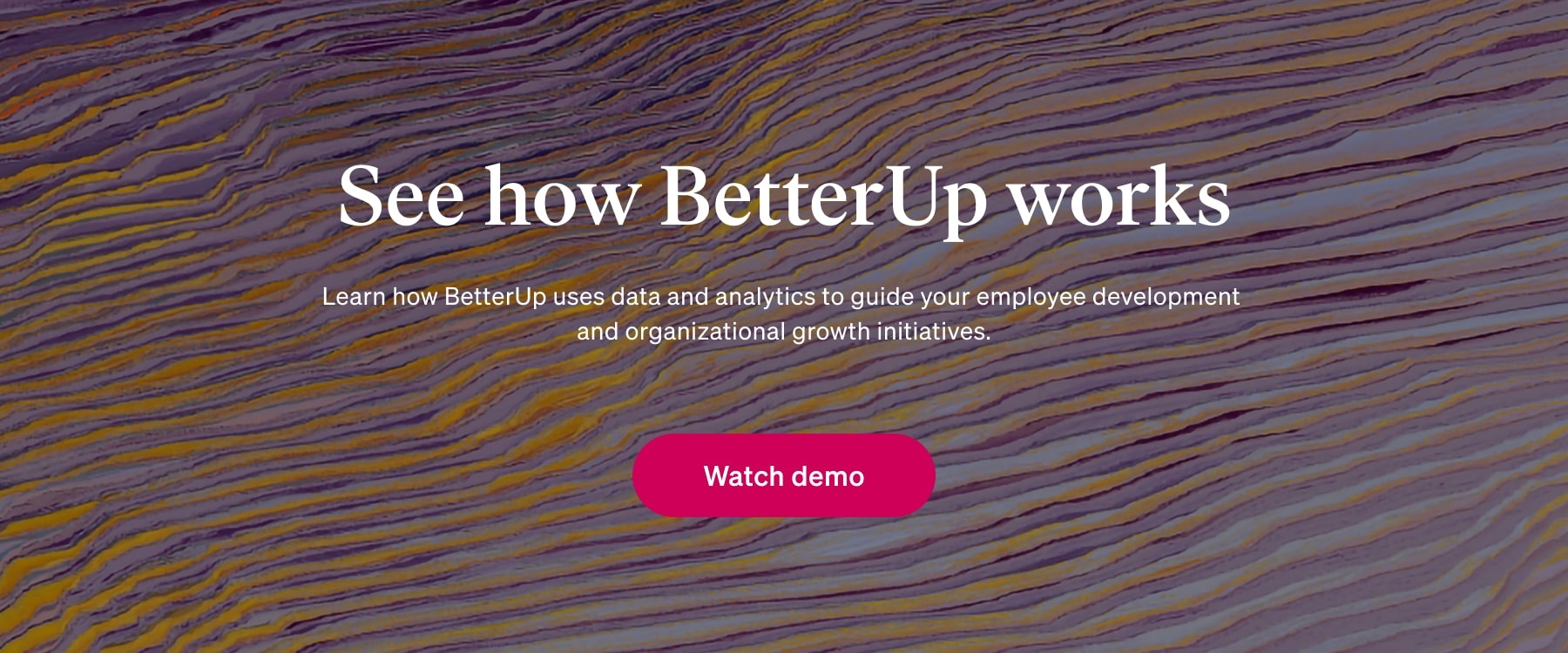-
For Business
For Business
Products
LeadBuild leaders that accelerate team performance and engagement.
Care™Drive productivity through sustained well-being and mental health for all employees with BetterUp Care™.
Solutions
Sales PerformanceTransform your business, starting with your sales leaders.
Diversity & InclusionFoster a culture of inclusion and belonging.
Customers
Case StudiesSee how innovative companies use BetterUp to build a thriving workforce.
- For Individuals
-
Resources
Resources
LibraryBest practices, research, and tools to fuel individual and business growth.
EventsView on-demand BetterUp events and learn about upcoming live discussions.
BlogThe latest insights and ideas for building a high-performing workplace.
ResearchInnovative research featured in peer-reviewed journals, press, and more.
- About
For many LGBTQIA+ workers, the office can be a lonely place

Across industries, organizations are rolling back the work-from-home policies they instituted during the peak of the pandemic and are making workers head back to the office. But many employees are pushing to continue working remotely. While it’s not surprising that some people want to work from home, the reasons why are more complex than one might think.
We wanted to examine the relationship between feelings of belonging at work and working arrangements, so we surveyed 1,301 working adults in the U.S. Participants were surveyed on their agreement with the following statement: “My organization gives me the feeling that I belong.” We then asked participants to describe their working arrangement.

The data revealed that feelings of belonging are impacted by work arrangements, but whether that impact is positive or negative is heavily influenced by one’s sexual orientation.
LGBTQIA+ employees report the lowest levels of belonging when working in-person and the highest levels when working remotely, representing a 9.9% increase in scores. Conversely, heterosexual employees report the highest levels of belonging when working in-person and the lowest levels when working remotely, representing a 9.8% decrease in scores.
The office can feel hostile for some LGBTQIA+ workers
Feelings of belonging are crucial for bringing out the best in all workers. Multiple studies have demonstrated that when people feel like they belong, they are more creative, more productive, and less likely to quit. But despite the progress made with LGBTQIA+ workplace policies, workers who identify as LGBTQIA+ feel less belonging and are more comfortable working from home.
One reason for this is that LGBTQIA+ employees may not feel they are able to show their authentic selves at work. Our previous research found that 73% of LGBTQIA+ participants reported showing their authentic selves to people in their personal lives, while only 35% said the same about their work lives. It’s not surprising that LGBTQ+ workers are more comfortable working from home where they feel like they can be their whole and authentic selves without judgment or negative repercussions.
For many in the LGBTQIA+ community, coming into the office less means fewer inappropriate conversations, less harassment, fewer microaggressions, and being misgendered less. Additionally, movements across the United States to limit the rights of the LGBTQIA+ community and particularly those of transgender individuals have made some workplaces feel even more hostile.
The role managers can play in supporting their LGBTQIA+ employees
True belonging can only be achieved when every employee feels included, appreciated, and understood. If companies want to bring more of their staff back into the office, they must remain diligent with their diversity and inclusion initiatives. Workplaces that encourage their employees to bring their whole selves to work see greater-on-the-job efforts, higher productivity levels, and happier employees.
Active allyship for LGBTQIA+ employees is another key ingredient. Diversity and inclusion training courses can help get everyone on the same page. When people are given the tools and language to have more productive and honest conversations, they can help build a more inclusive workplace culture.
Lastly, manager support is crucial. Professional coaching has been proven to help managers better support their LGBTQIA+ employees and foster belonging across diverse teams. Our research has revealed that inclusive managers can boost professional confidence among LGBTQIA+ employees by 39%.
Building a more inclusive culture benefits everyone. Belonging has been demonstrated to boost employee happiness, productivity, performance, and retention. If employers force their workers to come back into the office before creating a more inclusive environment for LGBTQIA+ people, they run the risk of losing valuable employees and sabotaging their ability to attract top talent.
Erin Eatough, PhD
Sr. Insights Manager





